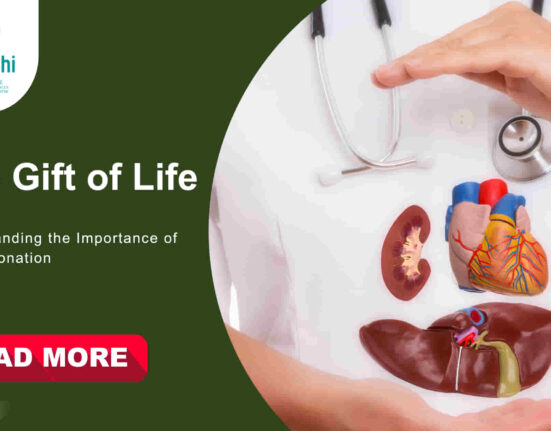Organ transplantation is a critical medical procedure that can save lives, yet in many parts of the world, including Central Asia, the practice faces significant challenges and cultural barriers. Let’s dive deeper into why organ donation after death struggles to take root across countries like Kazakhstan.
In Kazakhstan, as in many Central Asian nations, organ transplantation heavily relies on living donors due to a combination of factors such as distrust in the system and religious beliefs. The statistics paint a stark picture – out of 86 families approached for donation after death in 2024, only 10 consented. This reluctance poses a significant hurdle for patients awaiting life-saving transplants.
Aidar Sitkazinov, Director of the Republican Centre for Coordination of Transplantation and High-Tech Services in Kazakhstan, sheds light on this issue by highlighting the prevailing trend:
“Around the world, 80-90% of donations are posthumous, but the same cannot be said about Kazakhstan and the countries in Central Asia.”
In these regions, it’s often living relatives who step up to donate organs to their loved ones.
The root cause lies in deep-seated concerns about trust within the healthcare system. Sitkazinov notes that fear of corruption and misuse of donated organs dissuades many from signing up for posthumous donation. Despite legal prohibitions against organ trafficking in Kazakhstan, scandals surrounding organ transplantation have fueled mistrust among the population.
Religious beliefs also play a significant role in shaping attitudes towards organ donation. While Islamic teachings generally support acts of charity like posthumous donation, misconceptions persist among followers. In predominantly Muslim or Orthodox Christian societies like those in Central Asia, there is often hesitancy to embrace posthumous organ donation due to perceived religious restrictions.
Studies reveal that this reluctance extends beyond Central Asia into other Islamic countries where living donations prevail over posthumous ones.
In contrast, Europe has established practices around organ donation after death and utilizes organs from donors who have died from heart failure – illustrating cultural differences that impact organ transplantation globally.
In Kazakhstan alone, thousands are on waiting lists for organ transplants with hundreds being children. The dire shortage becomes evident when considering that approximately 300 people die each year due to insufficient donor organs availability. Sitkazinov underscores this urgency by stating how one deceased donor can potentially save seven lives – emphasizing the critical need for more widespread participation in posthumous donation programs.
Efforts have been made to address these challenges through policy changes like opt-in consent systems where citizens must officially agree to donate their organs after death. However, even with these measures in place since 2020, low expression of will among adults remains an obstacle. As Sitkazinov points out:
“The main problem is refusal of relatives.”
Central Asian countries share similar dilemmas when it comes to posthumous organ donation – lack of trust and misconceptions hinder progress towards increasing donor numbers significantly. Until there is greater transparency within healthcare systems and improved public awareness about the importance of organ donation after death,
the potential impact will remain limited.









Leave feedback about this